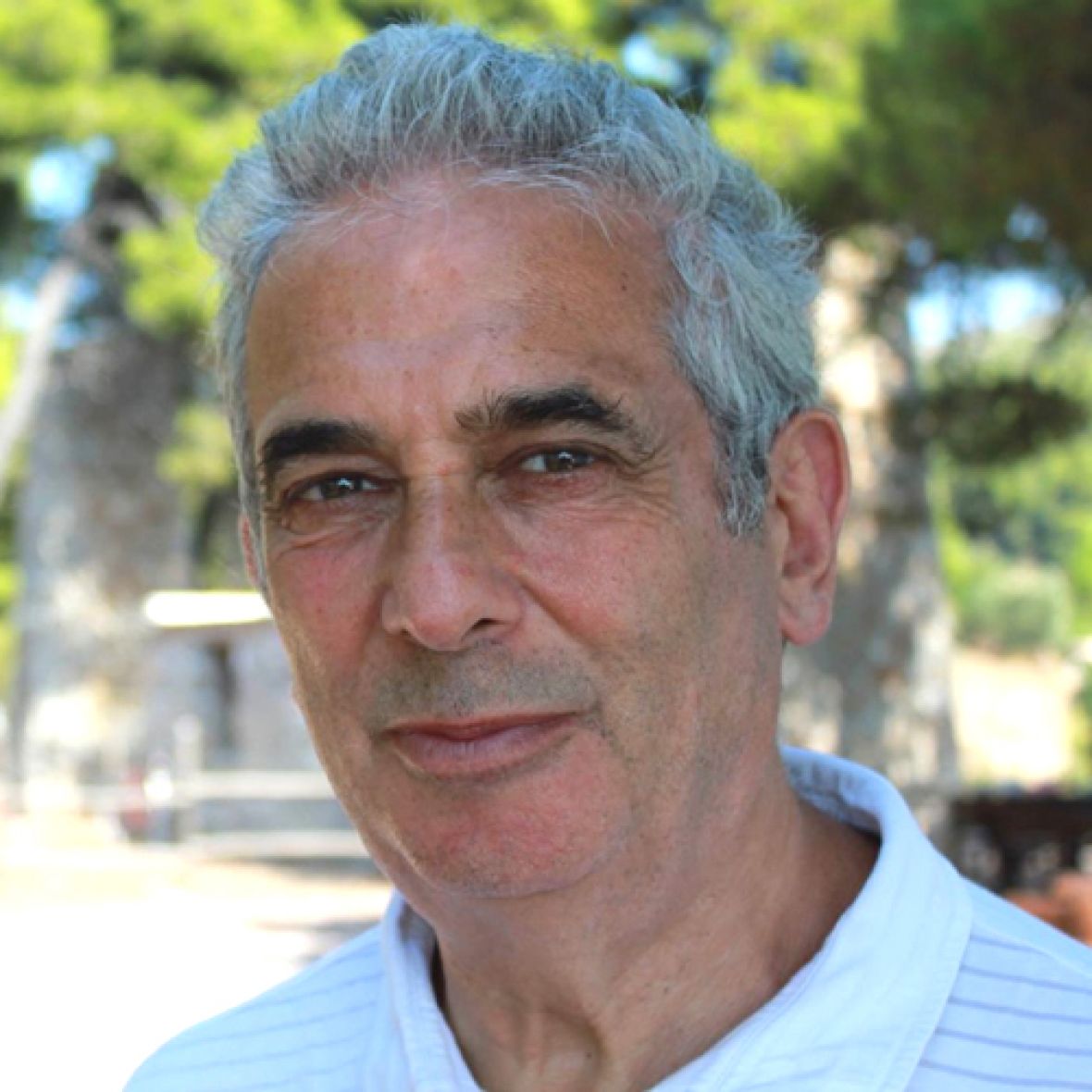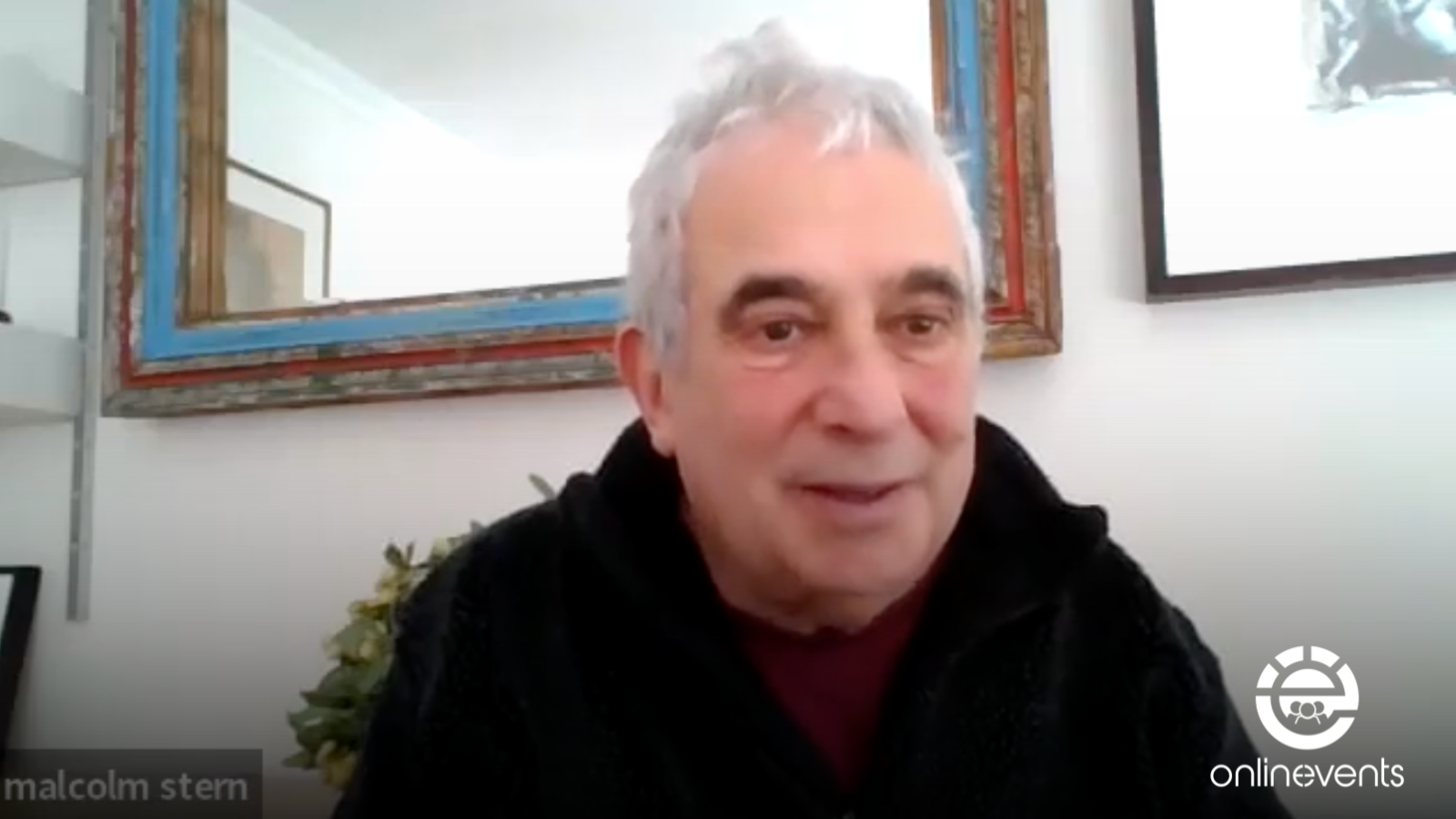As we become more resourceful, intuitive and aware, we develop a capacity and courage to face and own our sadness, anger, fear and repression – the lack of which can cause us severe depression and instability .
Workshop Details
When we dare to leave the comfort zone and actually embrace our shadow, by stepping into the scary unknown, we instead become ardent explorers of the road less travelled.
In this experiential workshop, we will look at the resources which can aid us in becoming authentic, grounded and able to explore our murky depths in order to ascend to our radical potential . We will look at spiritual bypassing or the “Pollyanna Syndrome”, which is common in personal development circles as a way of honouring positivity without facing into the darkness which lives inside us all. This disowned darkness plays out at a personal and a global level where the unconscious darkness can manifest as evil and brutality. In learning to recognise and embrace our internal darkness, we start to become free of the need to act out and sabotage our own and others lives.
What people say about Malcolm and his courses:
A highly professional and sensitive facilitator.
Insightful, gentle and very direct.
Malcolm created a warm, safe group environment to share whatever was needed. Thank you.
Excellent. I finished the course feeling more focused/motivated to move forward in a positive way.
Kind, skilful attention and full of wisdom and shared learning.
Course Content
Presenter

Malcolm Stern has worked as a group and individual psychotherapist for more than 30 years. He was a co-founder of Alternatives at St James’s Church in London and runs groups internationally.
He is the author of Falling in Love / Staying in Love (Piatkus 2004) and Slay Your Dragons with Compassion ( Watkins 2020). He co-presented Channel 4’s relationship series, ‘Made for Each Other’ in 2003 and 2004 and sailed on the ‘Rainbow Warrior’ with Greenpeace in the 1980s. The book he is currently writing is an exploration of the shadow and its necessity in our evolutionary development.


